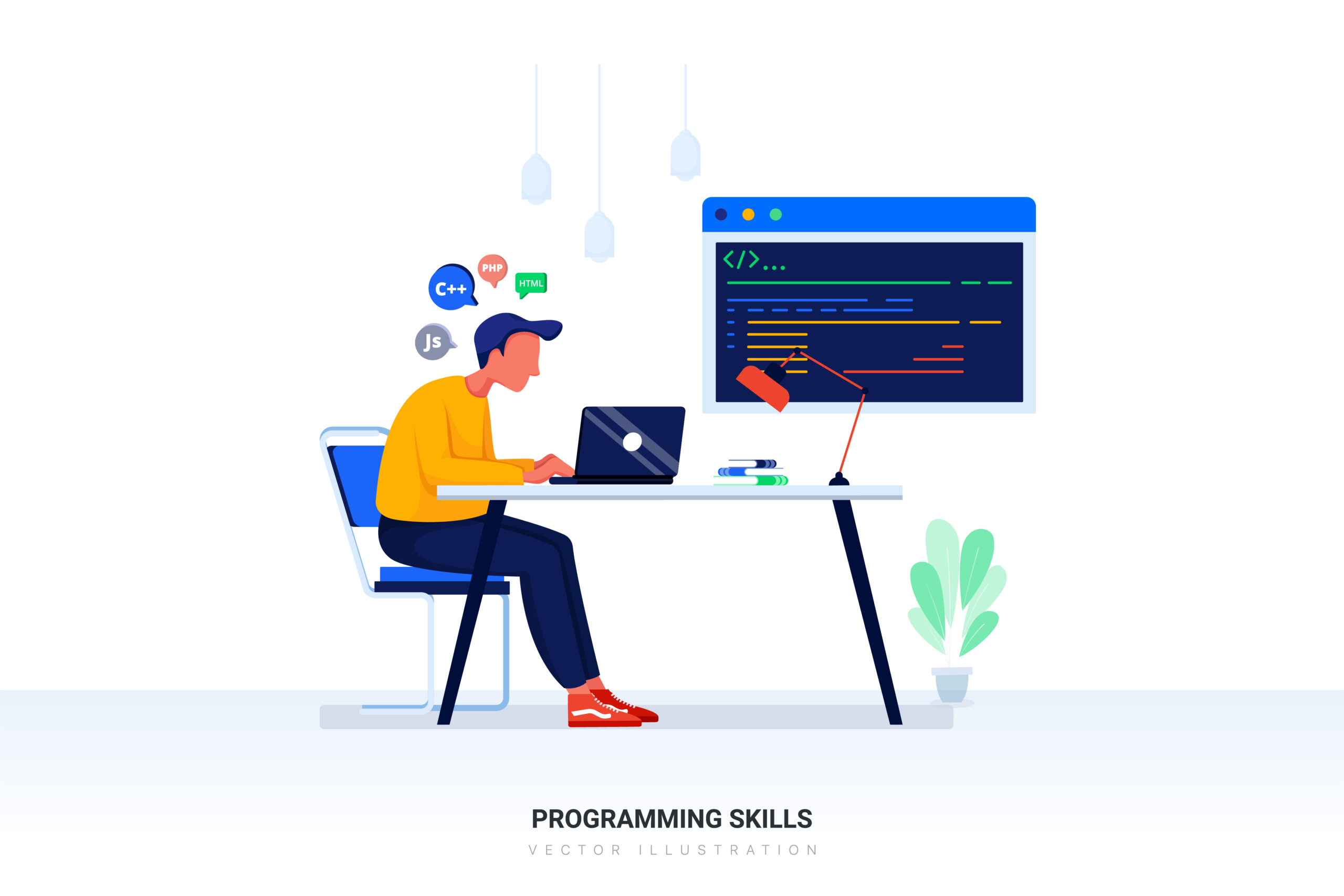Why is coding expertise no longer essential for starting a digital agency?
Running a digital agency can be a complicated process. From creating websites and developing apps and marketing brands for clients, agency owners have to manage a ton of verticals at once.
Agency owners often get bogged down by the technical challenges of building and managing websites and apps. This is naturally a part of what they offer to their clients. The remit of a typical agency is to take care of the technical side of a website or app, while the client can focus on growing the business.

This remit naturally indicates that running a digital agency is a purely technical job. It is however possible to run a digital agency and offer top-notch services without having a wealth of technical expertise on your side.
In this article, we cover some reasons why coding is no longer a deciding factor in starting a digital agency.
#1: Increased sophistication of no-code software and tools
The first reason you don’t need coding expertise to start an agency is the increased sophistication of DIY software and platforms.
Programming is no longer a fundamental requirement to build a website or app from scratch. Whether it’s web or app development, there are plenty of DIY alternatives which make the process simple and effortless.
Generally, agencies have to hire developers who know how to create an app or website from scratch using a range of programming languages. This is no longer necessary.
Let’s take website development as an example. No matter what your client asks for, WordPress would probably cover it. There are endless possibilities with the type of websites you can build with WordPress given its large library of themes and plugins.
Compared to custom web development, creating websites with WordPress is much easier and far less technical. You can realistically build powerful and beautiful websites for your clients without having a background in programming.
Similarly, building an app is no longer a ‘coders only’ proposition. Tools like AppMySite allow users to build a functional and native mobile app.
You can thus seriously consider starting a digital agency without worrying about the technical side of development.
#2: Demand for faster turn-around times

More than features and functionalities, clients today demand efficient time cycles. When development is involved, agencies need time to build the website or app the client needs. It can take anywhere between 1-6 months to build a website from scratch, App development can take even longer.
Clients rarely care about the platform on which their website is built. Their main focus is generally on growing their digital presence, and not the technicalities behind it.
As time becomes a key factor for getting clients and meeting their needs, using DIY tools becomes an obvious choice. The technology you use to build assets for your clients should allow for a fast turnaround time.
Coding expertise is thus not a factor. Instead, you need to think about which platform allows you to build a website or app which meets your client’s needs and doesn’t take a lot of time.
#3: Need to make website & app management easier
Your clients eventually have to manage and maintain the website or app you build for them. Custom-built websites and apps are harder to manage and maintain for clients, especially if they don’t have a reasonable background in programming or website management.
How do DIY tools help? Let’s take WordPress as an example. It comes packaged with an existing backend which is far easy to manage and understand than a brand new admin panel. There is additionally endless guidance available on how to manage WordPress websites.
The same cannot be said for a website with a custom-built admin interface.
This is true for mobile apps as well.
Clients need to have a tech team to manage their website and app from the backend. This is obviously not possible for clients, which is why custom-built digital assets can sometimes be a misfit.
The solution is to use DIY tools for website and app making which have a simplified backend. This makes it easy for clients to manage and maintain their digital assets in the long run.
#4: Building efficient dev teams

A large part of scaling your agency is efficiency in the team you build. As your client base grows, you naturally have to expand your team as well.
If your primary technologies require custom development, you would need to grow your team as your clients increase. This is not an ideal solution as a large team can shackle your growth over a long period of time.
You essentially want to grow your agency without needing to hire more developers at every turn. This is only possible if your agency spends fewer manhours on any given project.
Using automated website builders and powerful app-making tools allows you to quickly build digital assets from scratch. It is easier to scale your agency and grow clients without worrying about the bandwidth of your team.
#5: Streamlined technical support
Clients naturally have to rely on the agency they hire in case they run into technical issues. This can be a major burden for the agency in question. In some cases, agencies have to bill clients separately for services provided after the handover.
This is less than optimal because your agency has to spend additional resources after already building a website or app for your client.
DIY tools offer a better way out because they provide managed technical support. For WordPress for instance, you can find a plethora of resources covering every little issue or problem your clients may face.
In conclusion
Companies today need to have a strong online presence, and this makes the prospect of starting a digital agency fairly obvious. You can serve a demographic which is looking to establish a concrete presence online with websites and mobile apps.
There’s no longer an inherent need to have coding expertise to start a digital agency. You can lean on DIY platforms to build and develop digital assets like websites and apps for your clients. It is the easiest way to start and grow your agency, and significantly lowers the knowledge barrier required to get started in the field.
